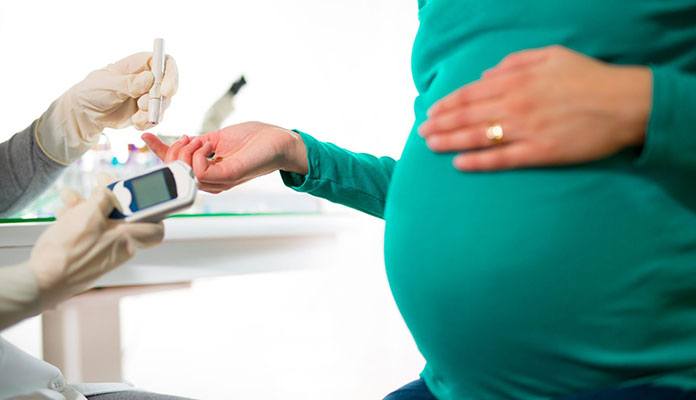Gestational diabetes is a type of diabetes that characterizes itself by notable high blood sugar levels usually experienced during pregnancy period and disappears after giving birth. You find that the illness can happen during any stage of pregnancy but usually prevalent during the second phase of the pregnancy. You find that the body of the pregnant woman is unable to secrete adequate insulin required to control blood sugar levels during pregnancy and also the needs of blood sugar during pregnancy. The illness can result in complications to the pregnant woman and the baby during and after birth. The risks can be controlled if the illness is detected early and managed well.
Causes of Gestational Diabetes
Inadequate Insulin
Insulin is defined as a peptide hormone secreted by the beta cells found in the pancreatic islets in the pancreas. It is the main anabolic hormone in the human body and responsible for carbohydrates metabolism, especially synthesized glucose from the blood into the liver, skeletal muscle cells, and fat. The high levels of insulin significantly inhibit production and secretion of glucose by the liver in the bloodstream. You find that insulin is also responsible for protein synthesis in various tissues. If the level of the insulin drops, you find that all these anabolic processes go down, thus unable to control blood sugar levels in the blood resulting in gestational diabetes, especially in pregnant women. [1]










